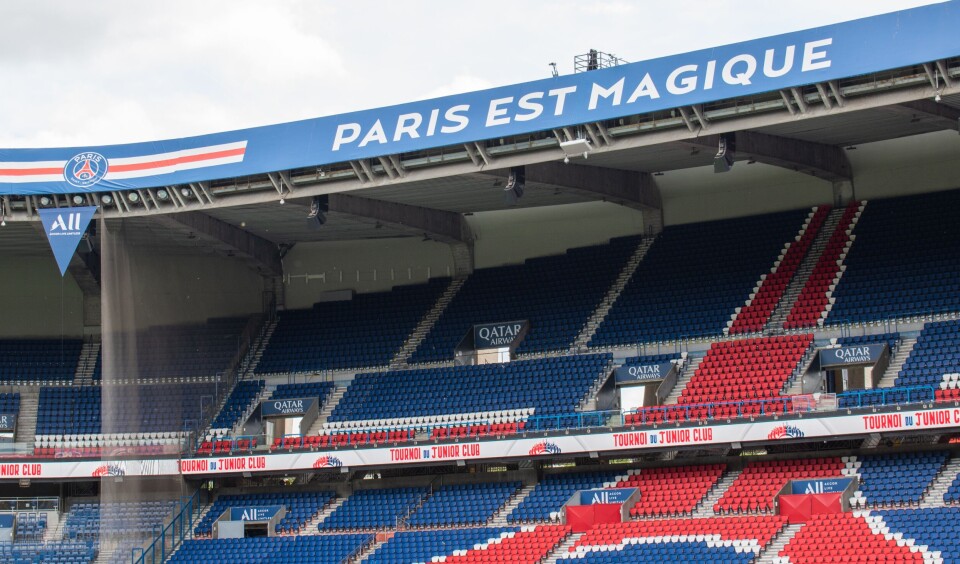-
Learning French: what does comme par hasard mean and when should it be used?
A sarcastic saying to describe something unsurprising or coincidental
-
Can you master these 10 French tongue twisters?
As well as being a fun party trick, these can help you master pronunciation of difficult sounds
-
Learning French: what is the difference between tout compris and tout inclus?
How to avoid costly ‘all-inclusive’ surprises
‘Paris est belle ou beau’? Are French cities masculine or feminine?
Many French learners struggle with the gender of words. When it comes to proper nouns, the rules are unclear even to native speakers

Reader question: When you refer to a town or city by its name in French, is it masculine or feminine? Do you say ‘Paris est beau’ or ‘Paris est belle’?
Unfortunately, the French language provides no easy answer to this question, and you may hear native speakers refer to the same city as both masculine and feminine.
While some towns give an indication of their gender in their French name (Le Havre, La Rochelle…), most do not.
In this case, there is no precise rule, the Académie Française states, adding: “It is ordinarily masculine in the spoken usage, but often feminine in literary language, no doubt because it implies la ville (the town).”
The language council does, however, provide rules for certain situations. It says the feminine form is generally used when the name ends with a silent ‘e’, as in Marseille. The masculine form meanwhile would be used:
-
When the name is preceded the adjectives ‘vieux’ (old), ‘nouveau’ (new) or ‘grand’ (greater), as in ‘le vieux Lille’ or ‘le nouveau Paris’
-
When the name is preceded by the word ‘tout’ (all), as in ‘Tout Rome assista à son triomphe’ (All of Rome witnessed its triumph)
-
When the name is used as a metonymy to refer to a sports club or a country’s government. E.g. ‘Washington a été rappelé à l’ordre’ (Washington was called to order)
Gender can therefore change depending on the context. Contrary to the example above, the Italian capital is feminine in the expression ‘Rome ne s'est pas faite en un jour’ (Rome wasn’t built in a day).
Read more: Five facts to help learn which French words are masculine or feminine
Paris itself frequently switches gender, from the Raymond Queneau poem ‘Mon beau Paris’, to the song ‘Paris t’es belle’ by Mickey 3D.
You may notice that even French people tend to find a way to avoid this conundrum. For example, by saying “Paris est une belle ville” (Paris is a beautiful city).
There is also a plethora of gender-neutral adjectives which you could use, as these never change (except for the plural form). An example would be ‘Paris est magique’ (Paris is magical), the slogan adopted by fans of the PSG football team.
In short, apart from in a few specific situations, cities and towns can usually be referred to in either gender form without raising any eyebrows. But you can usually find an alternative to avoid worrying about it in the first place.
Related articles
‘Madame Macron right to resist gender neutrality in French language’
Learning French is easier when you don’t sweat the small stuff
How to gain confidence in speaking French
























